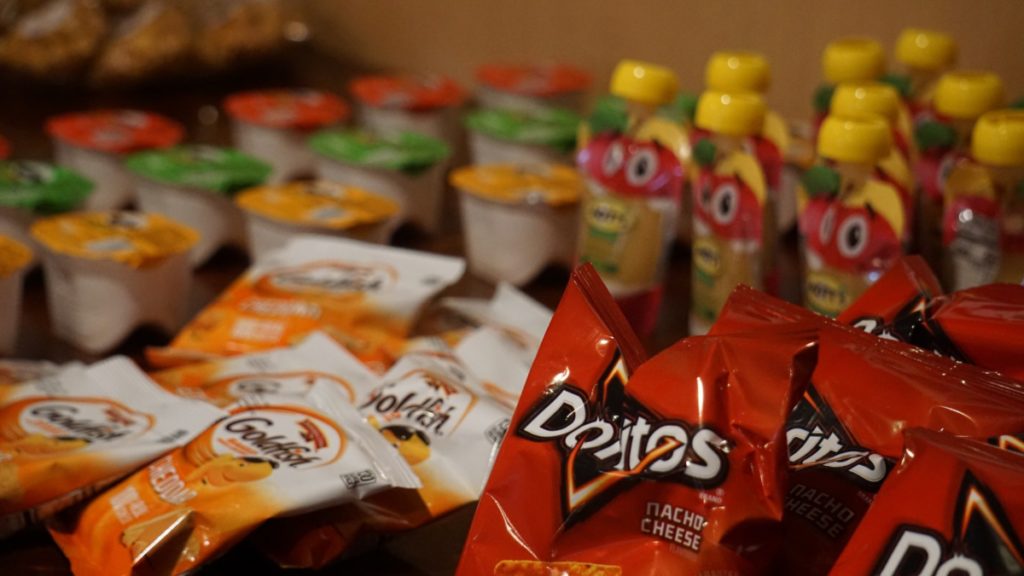Big Food’s products are still making us sick.
For context: In 2019, a leaked internal presentation from Nestlé revealed the company knew over 60% of its products were unhealthy.
Outed, Nestlé and other multinational CPG brands made moves to restore their images — reducing sugar, scaling plant-based products, and buying up companies across health and nutrition.
The latest: The US Access to Nutrition Index, a benchmark against the US’s 11 largest food manufacturers, found that their combined portfolios—comprising 30% of all food and beverage sales—have not become healthier.
By the numbers:
- Only 29% of products meet the “healthy” threshold, with the majority having too much added sugar, salt, and fat and too little vegetables, fiber, or whole grains.
- Conagra (49%) Campbell (48%), and Nestlé (36%) received the highest percentage of sales from “healthier” food.
- Mars (13%), Kellogg (17%), and Unilever (19%) received the lowest.
All Talk
The index did report some improvement, at least in terms of the companies’ overall strength of commitments to reducing diet-related illnesses — likely coinciding with the government’s recent initiative.
Factoring in nutritional governance efforts, reformulation of products, responsible labeling, support for public health interests, and the product portfolio healthiness score, Unilever ranked the highest (5.6/10).
But… Unilever’s strategy thus far has been measured against questionable internal standards of health. And the collective score for the 11 brands was 4.2/10 — performance the authors of the study say should be a red flag:
“The opportunity and urgent need is for all companies to produce and market more healthy products and spend less money marketing unhealthy products.”
High inflation complicates consumers’ buying decisions. But, even as CPG brand raise their prices for nutritionally deficient foods, they fail to see that the majority of Americans would pay any price for better food.
Looking ahead: Putting people first by making food that fits the FDA’s definition of healthy—and making it affordable—could save lives. But, instead of prioritizing food as medicine, most companies remain committed to selling ultra-processed snacks for profit.






